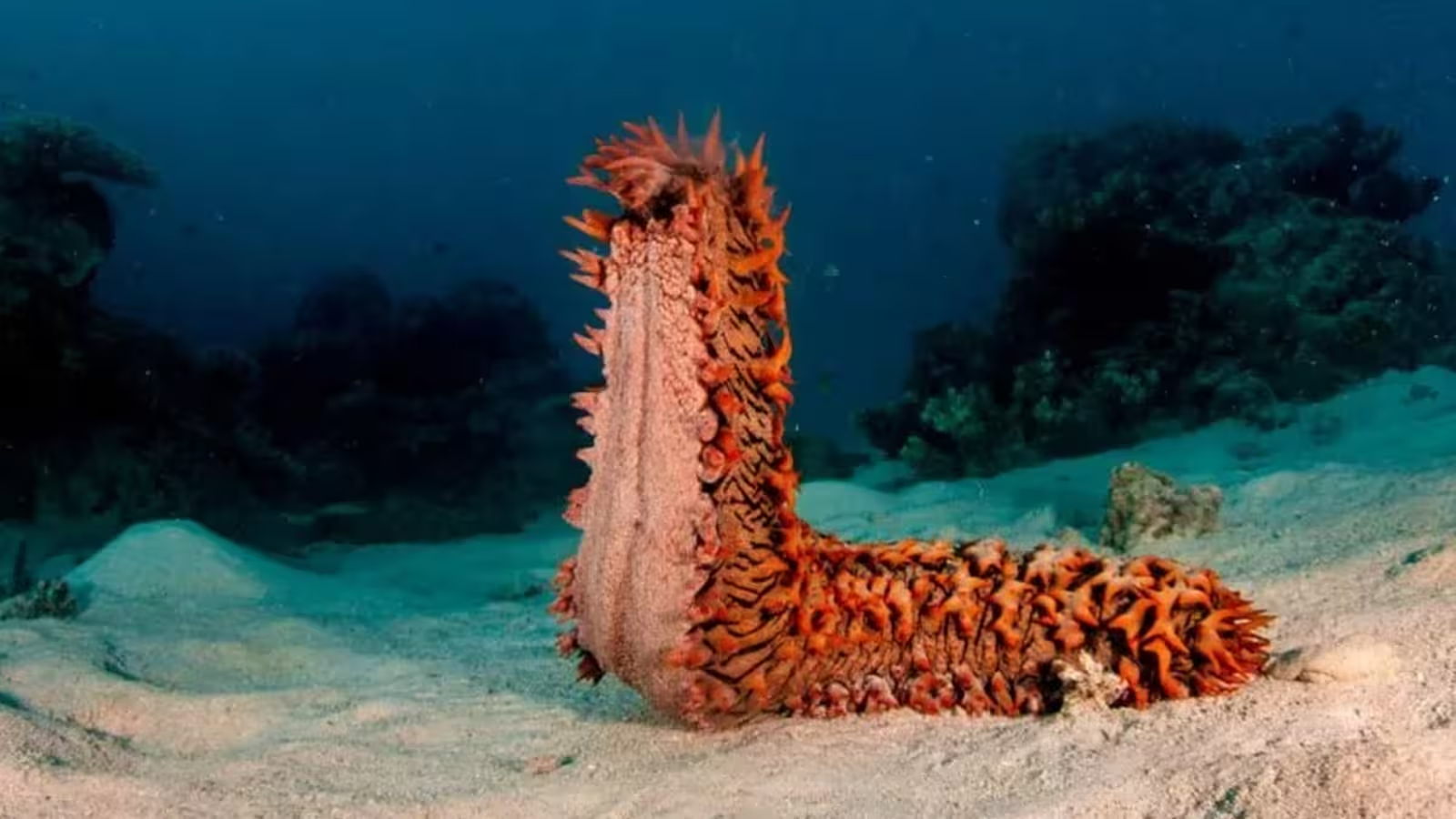3 Minutes
Scientists in the United States have identified a promising new sugar molecule in sea cucumbers that may pave the way for safer, more effective cancer therapies. Unlike common anti-cancer drugs that often increase the risk of dangerous blood clotting disorders, this natural compound, known as fucosylated chondroitin sulfate (fCS), appears to target cancer cells without those severe side effects.
Scientific Background: The Search for Targeted Cancer Therapies
Current cancer treatments, including chemotherapy and medication targeting specific enzymes, can disrupt the body’s normal processes—sometimes with life-threatening outcomes. A particular focus has been the Sulf-2 enzyme, a protein that promotes the abnormal growth of cancerous cells. While several Sulf-2 inhibitors exist, they frequently cause issues with blood coagulation, putting patients at risk of excessive and uncontrolled bleeding.
How fCS Sugar Disrupts Cancer Growth
A collaboration between American researchers at institutions including the University of Mississippi and Georgetown University led to the extraction of the fCS sugar from sea cucumbers. Their studies demonstrate that fCS is capable of inhibiting the Sulf-2 enzyme, thereby interfering with cancer progression by preventing the abnormal multiplication and transformation of healthy cells into malignant ones. By blocking this crucial pathway, fCS offers a targeted approach to halting tumor growth.

Advantages Over Conventional Treatments
Lead investigators highlight that marine organisms such as sea cucumbers synthesize distinct chemical compounds not found in terrestrial animals. Importantly, fCS lacks the typical side effects seen with animal-derived Sulf-2 inhibitors, particularly the risk of impaired blood clotting. As many conventional drugs are derived from pigs—a process that is both expensive and carries a risk of transmitting animal pathogens—sea cucumber-sourced compounds could represent a safer, more accessible alternative. Marine organisms rarely harbor harmful microbes that threaten humans, further enhancing the appeal of this discovery.
Future Prospects and Applications
Although Sulf-2 inhibitors have previously shown clinical promise, their associated dangers have limited their widespread adoption. The advent of fCS may change this landscape, offering oncology researchers and pharmaceutical companies a potential blueprint for new cancer therapies with improved safety profiles. Should future studies confirm its efficacy and safety, fCS could revolutionize drug development and offer hope to millions battling cancer globally.
Conclusion
The identification of the unique fCS sugar in sea cucumbers marks a significant advance in cancer research. By delivering targeted action without the typical complications posed by existing enzyme inhibitors, this marine-derived compound holds promise for next-generation cancer treatment strategies. As research continues, fCS could become a cornerstone in the development of safer, more effective cancer medications inspired by the remarkable chemistry of the ocean.
Source: interestingengineering



Comments